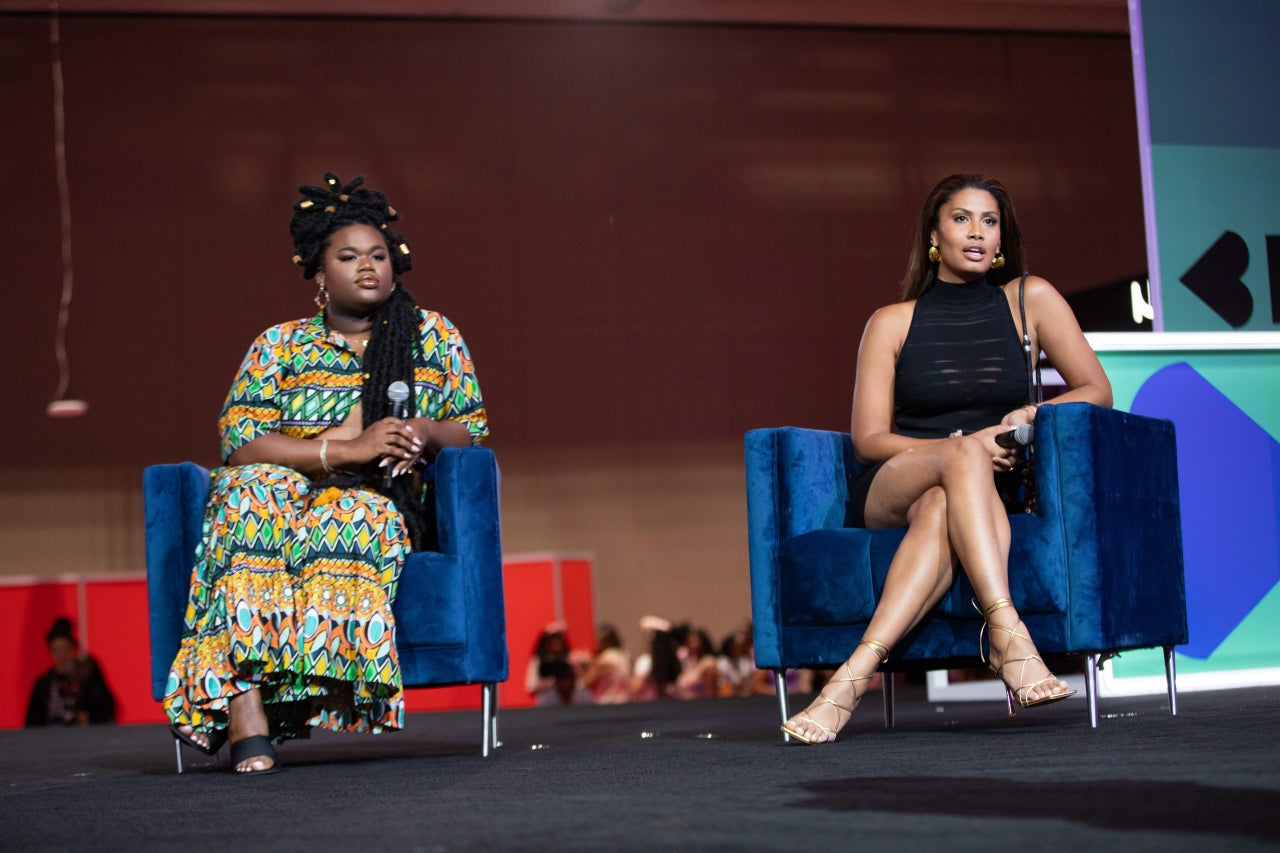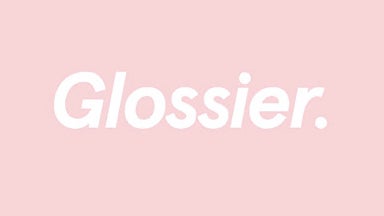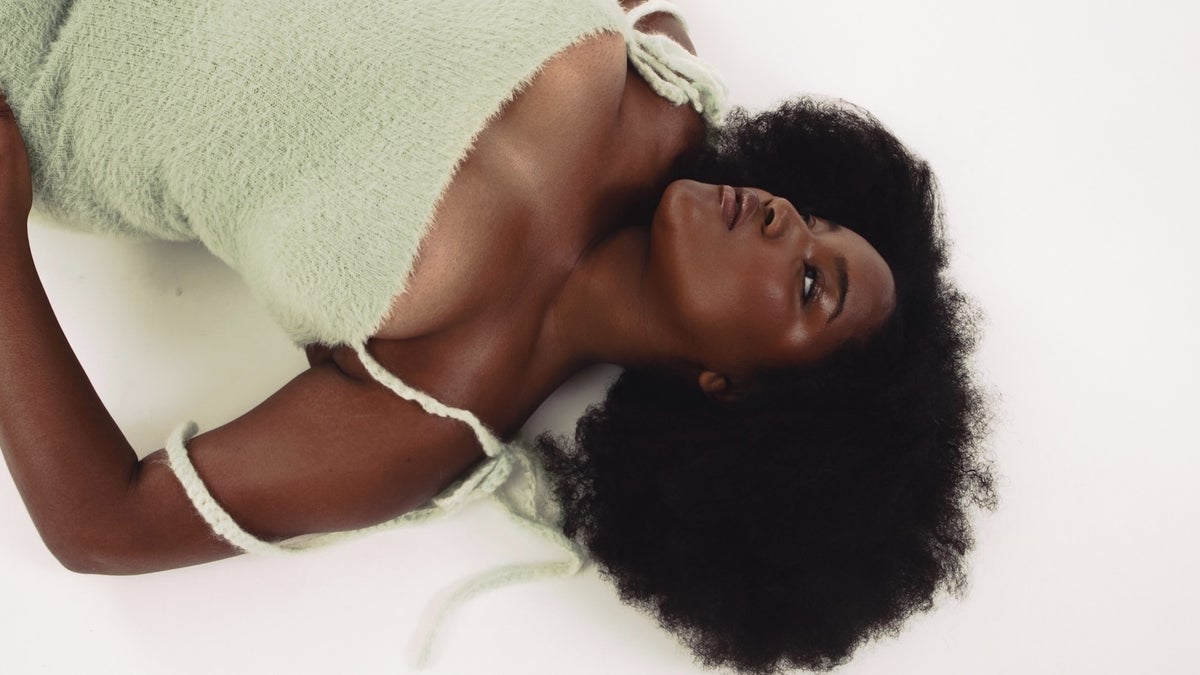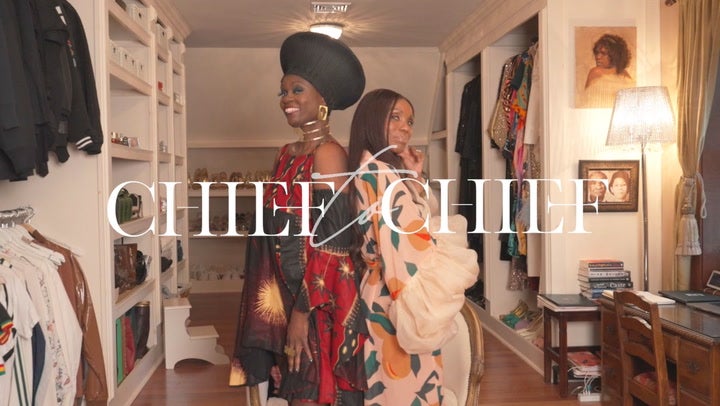
Essence Beauty joined the beauty talk with panelists Leyna Bloom and Jari Jones, moderated by Jarrad Degruy, to let us in on how to represent beauty beyond the binary on the BeautyCon™ stage. Gen Z creators and influencers are taking the lead in beauty by breaking gender conformity, redefining the “norm,” and shattering antiquated ideals of beauty. They are breaking away from the confines of the binary and forging a fresh path.
On the forefront of diversity, the “Representation Matters: Beauty Beyond the Binary” panel discussion explored beauty and representation as a spectrum. Degruy defined non-binary, a term used to describe someone who does not identify as a man or woman (binary), but instead, identifies as neither, both, or either. Panelists invited the audience to immerse themselves in a different world, expanding past the definitive descriptions of beauty they are familiar with.
“The whole world doesn’t just look white, blue eyed, and skinny,” Bloom said. “We are so much richer and so much more beautiful, and come in a variety of beauty.”
Throughout history, beauty has consistently excluded Blackness, perpetuating colorism, fatphobia, transphobia, and texturism. The feeling of not being considered beautiful is something many of us are all too familiar with. We learn from a young age how to criticize our features — nose size, hair texture, skin tone — with our beauty defined by proximity to whiteness. The Black community is conditioned to think beauty only applies to the non-Black. On the BeautyCon™ stage, Degruy added non-binary youth into the chat about what Black beauty looks like expanding perspectives further.
“Preserving myself in a binary world is surrounding myself with people who affirm me,” Jones said. “But I think people attach themselves to the binary because they’re afraid to see themselves outside of what they know.”
The conversation about beauty has grown. “I often felt like why I was born in this body and why I was born in this mind,” Bloom said. They highlighted the extra conversations that non-binary individuals often find themselves engaging in, which involves grappling with the disconnect between their physical body and their inner sense of self. In discussing sex and gender, it’s crucial to acknowledge that these terms are not interchangeable. Sex refers to the biological attributes assigned at birth (male, female, or intersex), while gender is a socially and culturally constructed identity that influences behavioral expectations.
Gender dysphoria, the feeling of unease between sex and gender identity, may look different than the men and women you grew up with. “I just want to see a more expansive representation of what beauty can be for people not in proximity to what is the beauty standard already,” Jones said. They explained how to humanize different narratives to understand all Black people, and not just people with proximity to the binary.
“I just want to see Black people loving Black people and loving Black things,” Bloom said. As the Black community embraces and normalizes non-binary identities, the concept of beauty expands beyond conventional boundaries, proving that Representation Matters: Beauty Beyond the Binary goes beyond just black and white.
Visit BeautyCon™ the Essence Fest edition at essence.com for more on the latest Black beauty panel.







